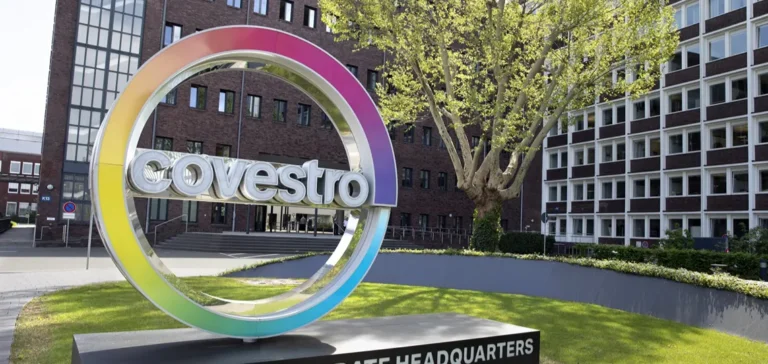The European Commission has announced the launch of an in-depth investigation into the acquisition of German group Covestro by Abu Dhabi National Oil Company (Adnoc). This deal, valued at EUR12bn ($12.9bn), raises questions about compliance with European competition rules and the influence of foreign public financial support.
Competitive issues and foreign subsidies
The European executive is examining whether subsidies granted to Adnoc by the United Arab Emirates enabled the oil group to acquire Covestro under conditions inaccessible to other investors. According to the Commission, there are concerns that this operation benefited from a financial advantage allowing Adnoc to offer a valuation higher than what unsubsidised private actors could match. The proposed acquisition includes a payment of EUR62 per Covestro share as well as assumption of the company’s debt and provisions.
Covestro, formerly Bayer MaterialScience, specialises in chemical recycling and the development of carbon dioxide (CO2) reuse processes. The company’s headquarters are in Leverkusen, and the group is listed on Germany’s main stock index. Since the Russian invasion of Ukraine in 2022, the German chemical industry has faced a significant increase in energy costs, putting pressure on its margins and investment capacity.
Timeline and merger outlook
The European Commission has set December 2 as the date for its decision on the transaction. Adnoc’s acquisition of Covestro marks the first takeover of a Dax-listed company by a Middle Eastern business. In December, Adnoc already held more than 91% of the German group’s shares, with the goal of acquiring all remaining capital in the second half of 2025, subject to approval by the relevant regulatory authorities.
The European Union closely monitors foreign investments involving state subsidies, in a context of consolidation in the energy sector and strengthened scrutiny over strategic acquisitions. The coming months will be decisive for the outcome of this deal and for Covestro’s future on the European chemical market.
The European Commission’s decision-making process may be crucial for other industrial groups targeted by international public investors.






















